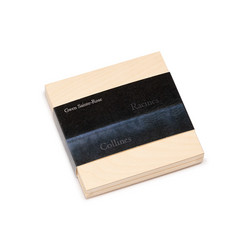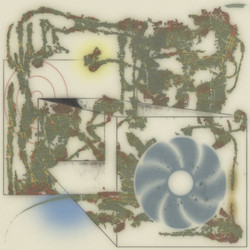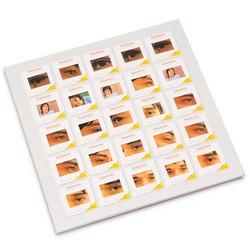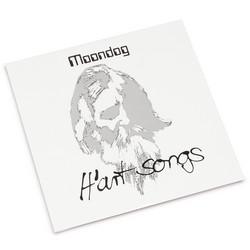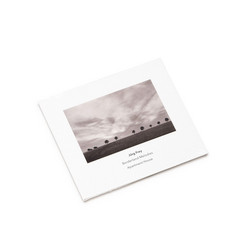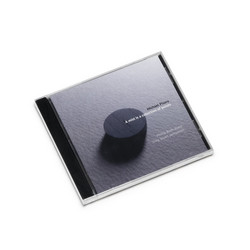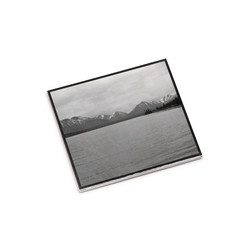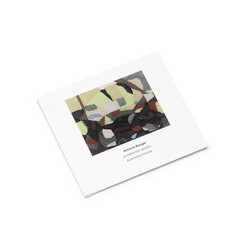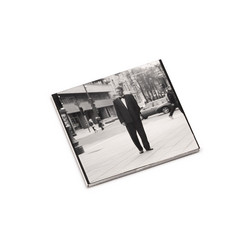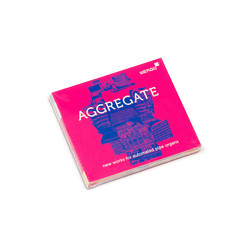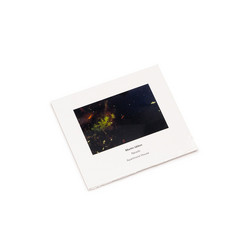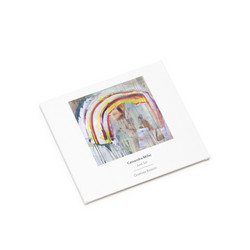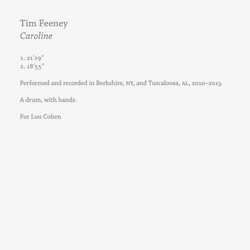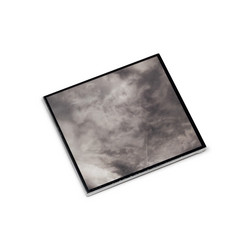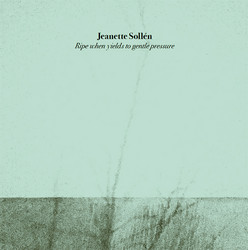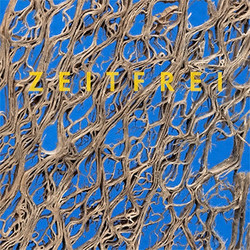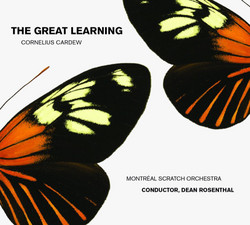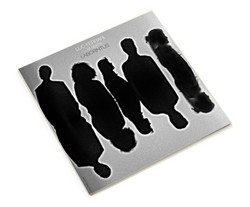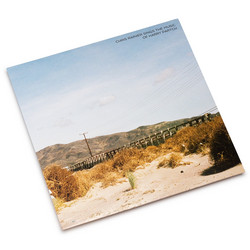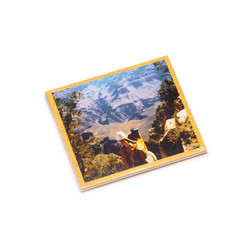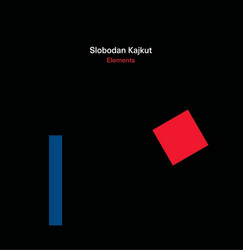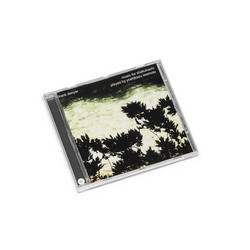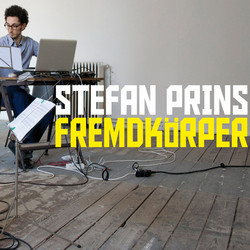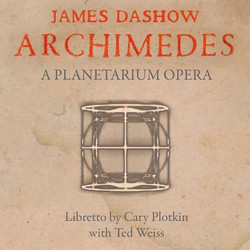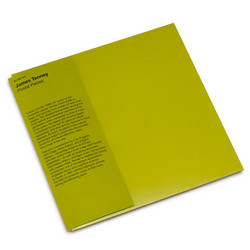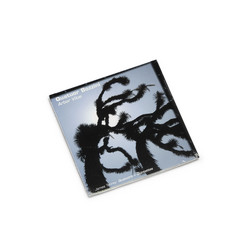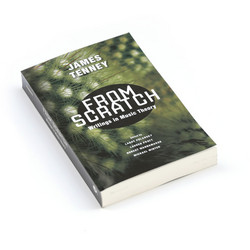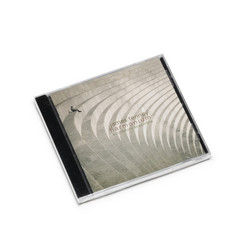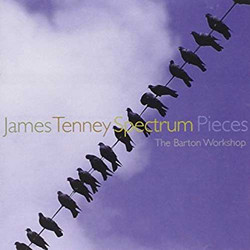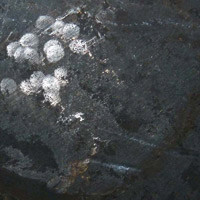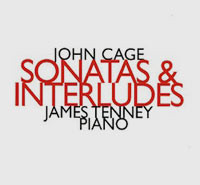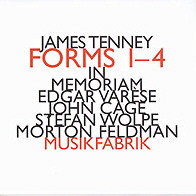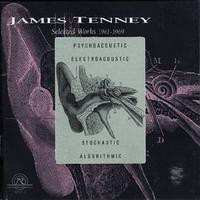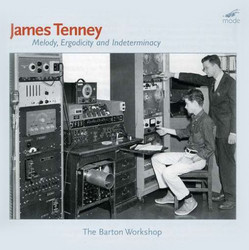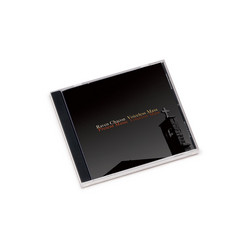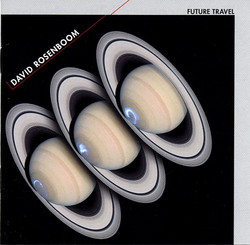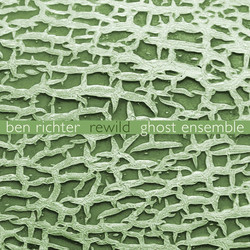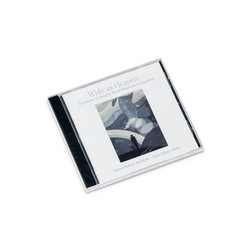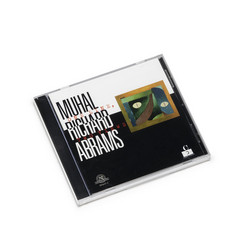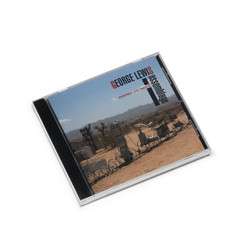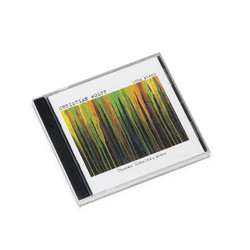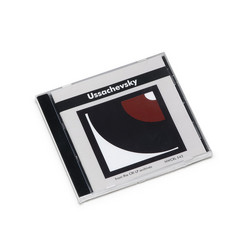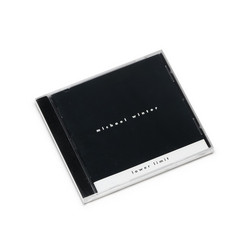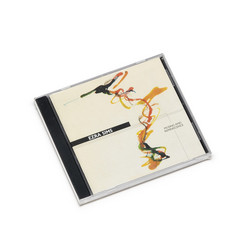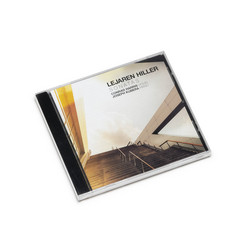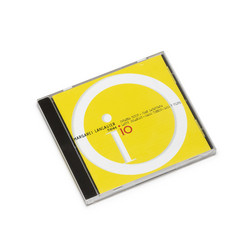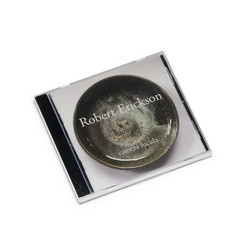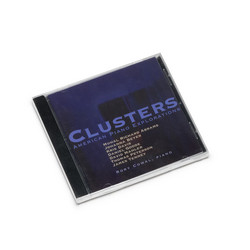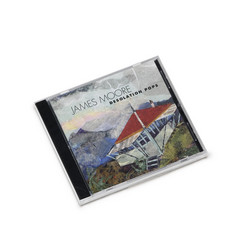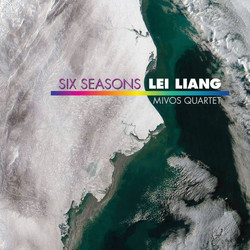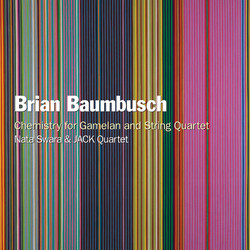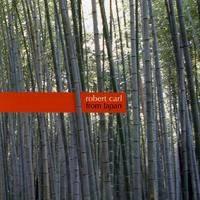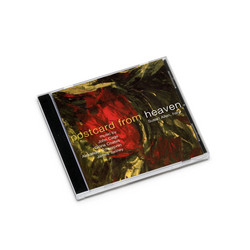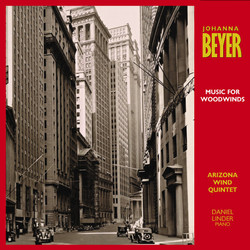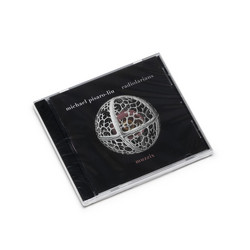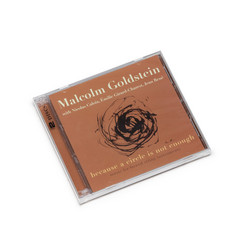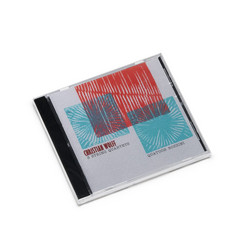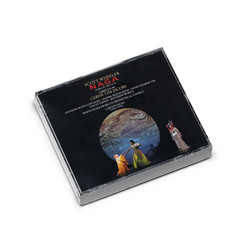Best of 2019
1
2
3
4
5
6
File under: Contemporary Classical
James Tenney, for almost the entirety of his career, was one of the great, unsung giants of the American musical avant-garde - an artist’s artist, whose towering contribution and influence was everywhere - equal to Feldman and Cage, but who, like Nancarrow and Partch before him, was a maverick - radical to the core, refusing to play by the rules, and thus suffered at that fate’s all too predictable hand. Since his death in 2006, his legacy in devoted hands, recognition has slowly begun to grow, allowing more and more of his work to be heard and understood for what it always was. Central to this is New World Records’ dedicated effort to the composer, and few have been as exciting as the album at hand - the first ever realization and recording of Tenney’s Changes - 64 Studies for 6 Harps. As incredible as it is for the sounds alone, in historical importance it’s a 10/10!When casting a glance across 20th contexts of arts and music, James Tenney appears everywhere - a tie that binds. He was a student of Carl Ruggles, John Cage, Harry Partch, and Edgard Varèse, remained close to all of them, and often performed in both Cage and Partch’s ensembles. He was deeply linked to Fluxus, collaborated or played with Max Neuhaus, La Monte Young, Steve Reich, Philip Glass, Malcolm Goldstein, Philip Corner, Michael Snow, Terry Riley, and countless others. He was close with Conlon Nancarrow, fervently supported the legacy of Charles Ives, and taught an entire generation of composers, not the least of whom was Charlemagne Palestine. Al that on top of having been married to the legendary artist, Carolee Schneemann, and being one of Stan Brackage’s closest friends. Respected by all, he simply defied the easy definition - complex and challenging, while incredibly listenable and accessible - folding nearly all of the pursuits and ideas of avant-garde music of his era - computer music, indeterminacy, generative systems, chance, microtonality, minimalism, synthesis, tape-music, and on, into a single body, where most composers were happy. Remarkably prolific, when Tenney passed away in 2006, he left behind a towering body of work, some in differing states and never having been recorded or performed. One such case is the legendary Changes - 64 Studies for 6 Harps, which after extensive efforts has finally been given the opportunity to come to life in New World’s incredible double cd release. Changes: 64 Studies for 6 Harps (1985) is a large-scale work that combines and connects many of Tenney's most important theoretical and musical ideas, notably gestalt segregation principles and complex intonation systems. Composed with the aid of a mainframe computer at York University, the piece also marks a return to computer-aided, algorithmic composition after a long hiatus - among the first pieces he composed with a computer after he departed New York City for California during the late 1960s. A deeply theoretical exploration of harmonic space - the resonant tones of multiple harps colliding within structures of constrained freedom, Changes: 64 Studies for 6 Harps is absolutely astounding and overwhelming accomplishment, both as piece of late 20th century thought, creativity, and avant-gardism - sonic radicalism alive and well during the 80s, but in this stunning realization by Alison Bjorkedal, Ellie Choate, Elizabeth Huston, Catherine Litaker, Amy Shulman, and Ruriko Terada on harps, conducted by Nicholas Deyoe. One of the most essential and monumental releases of the year. If ever there was a moment to dip out heads and take off our hat, this has got to be it!
Details
